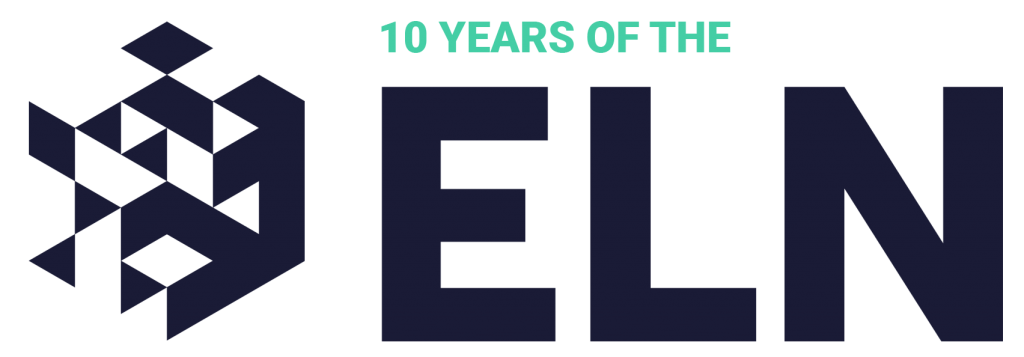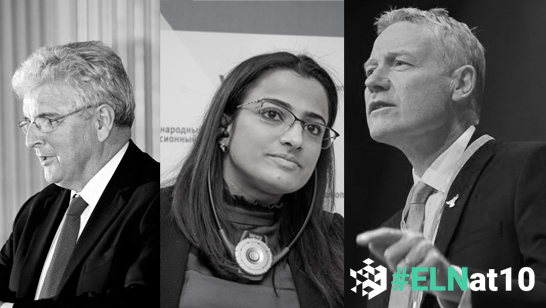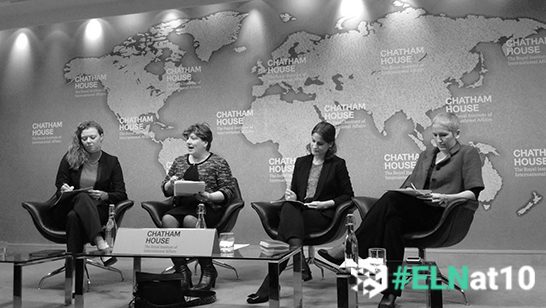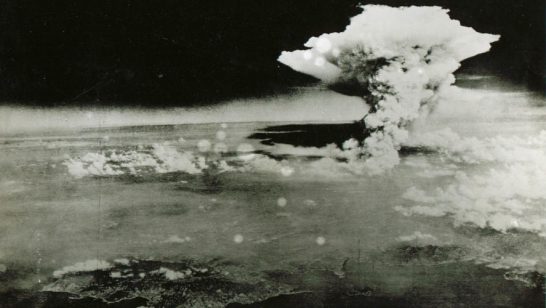

Networks are central to the ELN’s way of working. As part of a series of reflections on the ELN’s anniversary, we invited N Square to share their case study of building a diverse network to work creatively on nuclear policy.
In 2014, five of the world’s largest peace and security funders set out to address a glaring problem. The field of professionals working to control the threats from nuclear weapons has long been insular and fragmented. While the field is filled with brilliant and committed individuals dedicated to ending the nuclear threat, they almost universally do that work in organisational silos, disconnected from other fields and even from one another (see N Square’s 2019 “Greater Than” report for a deep dive into factors inhibiting collaboration and shared learning in the nuclear field and how we might overcome them). Working collaboratively, the funders launched N Square, a path-breaking initiative built on the idea that sparking new forms of cross-sector collaboration will accelerate the achievement of internationally agreed goals to reduce nuclear dangers.
While the field is filled with brilliant and committed individuals dedicated to ending the nuclear threat, they almost universally do that work in organisational silos, disconnected from other fields and even from one another. Sara Z. Kutchesfahani & Jenny Johnston
In the years since, N Square has done wide-ranging work to bring new people, new ideas, and new resources into the nuclear field, seeking to light up the field with ingenuity and innovation. At the heart of this effort is the N Square Innovators Network (NSIN), a vibrant, intentional community of cross-sector experts who work together in novel ways to tackle nuclear challenges.
The NSIN represents an entirely novel kind of network in the nuclear space. It reaches outside the sector to build bridges with other fields as well as to enable those inside the field to work collaboratively across organizations and focus areas, empowering them to work in new ways and to access new ideas that will help them achieve national security goals. At the same time, the model enables non-nuclear experts to explore nuclear issues and discover how they might apply their skills to nuclear challenges. Given the siloed nature of the field, it can be challenging for newcomers to know how and where to offer their expertise unless they are given well-defined entry points—an impediment to cross-sector collaboration that the Innovators Network helps overcome.
The network we have today includes people from fields as diverse as marketing and communications, artificial intelligence, finance, filmmaking, social science, and big data. What unites them is the belief that by working together, bringing their own diverse experiences and expertise, we can bust open longstanding problems and explore them in ways that are more effective when we work collectively versus apart.
How the NSIN works
A key characteristic of our network is that it is iterative. Roughly 120 individuals have joined the network as NSIN fellows, but they did not all join at once. Rather, we continue to host “cohorts” of cross-sector fellows, with each cohort bringing a new mix of expertise, energy, and issue-area focus to the network. This cohort model—we’re currently on Cohort 5—has allowed us to pursue a layered approach to network building. With the addition of each cohort of NSIN fellows, the network has become more diverse, with trust and connectivity forming between individuals, organizations, and fields of expertise that were previously disconnected.
The fellowship is also focused and driven by impact. During their fellowship, NSIN fellows work in small teams to design and prototype new approaches and solutions to nuclear challenges, while also learning and gaining practice in applying the principles of the creative process (which they can take back into their organizations and apply to other pressing challenges). In this way, the cohort process serves as one of the network’s primary systems for ongoing learning and adaptation, introducing fellows to new tools and concepts applicable to their work together and their work apart. The prototyping process is not just an exercise, however. Several solutions developed and iterated during the fellowship are now real-world initiatives, including Datayo and Highly NRiched.
Keeping the network growing and thriving
Like most networks, the NSIN requires cultivation in order to thrive. Network maps capture the mechanics of a network—the nodes and lines—but rarely highlight what is fueling those connections and keeping them alive. N Square’s core team engages in numerous activities designed to maintain the health of the network and keep it humming.
By continuing to invite top minds in media, technology, climate change, design, finance, philanthropy, and more into the nuclear problem space, we are growing the community of people and perspectives aimed at tackling nuclear challenges. Sara Z. Kutchesfahani & Jenny Johnston
Knitting community. By continuing to invite top minds in media, technology, climate change, design, finance, philanthropy, and more into the nuclear problem space, we are growing the community of people and perspectives aimed at tackling nuclear challenges. We know the most robust solutions often result from “creative abrasion” at the intersection between domains of knowledge and expertise, so we create the conditions in which trusted colleagues productively span disciplinary boundaries to challenge the status quo. A diversity of experience, expertise, culture and mental models make our network unique. It is a community burgeoning with unconventional insights and an appetite for alliance-building.
Building capacity. Keen on keeping the network learning while also improving field effectiveness, we offer a range of training on critical competencies aimed at getting the field to better outcomes—including design thinking and strategic foresight. In a field that has struggled with fragmented perspectives on purpose and strategy, and with generational shifts and implicit bias, we provide tools to reinvigorate its practices, mission, and workforce for a new time—not just to help the field function better but to strengthen and grow it in ways commensurate with the level of threat we face, applying all we know about how best to tackle wicked problems. We aspire for this field to build coordinated capacity to address entrenched challenges and to act collectively on its boldest, most audacious goals.
Cultivating partnerships. We also act as strategic matchmakers, facilitating opportunity-rich cross-sector connections among often strange bedfellows—organizations and individuals that might otherwise never connect but that together can make novel ideas and strategies flourish. This means connecting people inside the network who still don’t know one another or connecting network members with interesting potential partners who stand outside the network. We have watched many of these partnerships bloom into deep, long-lasting relationships and lead to new strategies for working collaboratively on real-world challenges.
What fuels a network is often the “small stuff”—the collegiality, the side conversations, the sense of possibility and excitement that get sparked when interesting people collide. Sara Z. Kutchesfahani & Jenny Johnston
Fostering esprit de corps. What fuels a network is often the “small stuff”—the collegiality, the side conversations, the sense of possibility and excitement that get sparked when interesting people collide. By hosting brown bag lunches, “nuclear mixers,” and other creative conversations and events, we create opportunities for like-minded experts inside and outside the nuclear space to connect, learn from one another, and form relationships, inspiring a new level of cooperation and esprit de corps. True to our name, we operate much like a public square, creating accessible, inviting spaces where shared community is fostered and where diverse groups converge—all with long-term community engagement in mind.
We believe that the future of a responsible humanity is extremely bright and that solving the world’s biggest problems with that future in mind will set all inhabitants of our planet on a path toward global thriving. That path starts with transforming the nuclear risk reduction field into one of the world’s brightest sources of cross-sector creativity and innovation—an ecosystem of ingenuity that cracks this wicked problem, inspires new generations to approach old problems in new ways, and helps redefine what is possible.
Image: Nsquare
The opinions articulated above represent the views of the author(s) and do not necessarily reflect the position of the European Leadership Network or any of its members. The ELN’s aim is to encourage debates that will help develop Europe’s capacity to address the pressing foreign, defence, and security policy challenges of our time.




